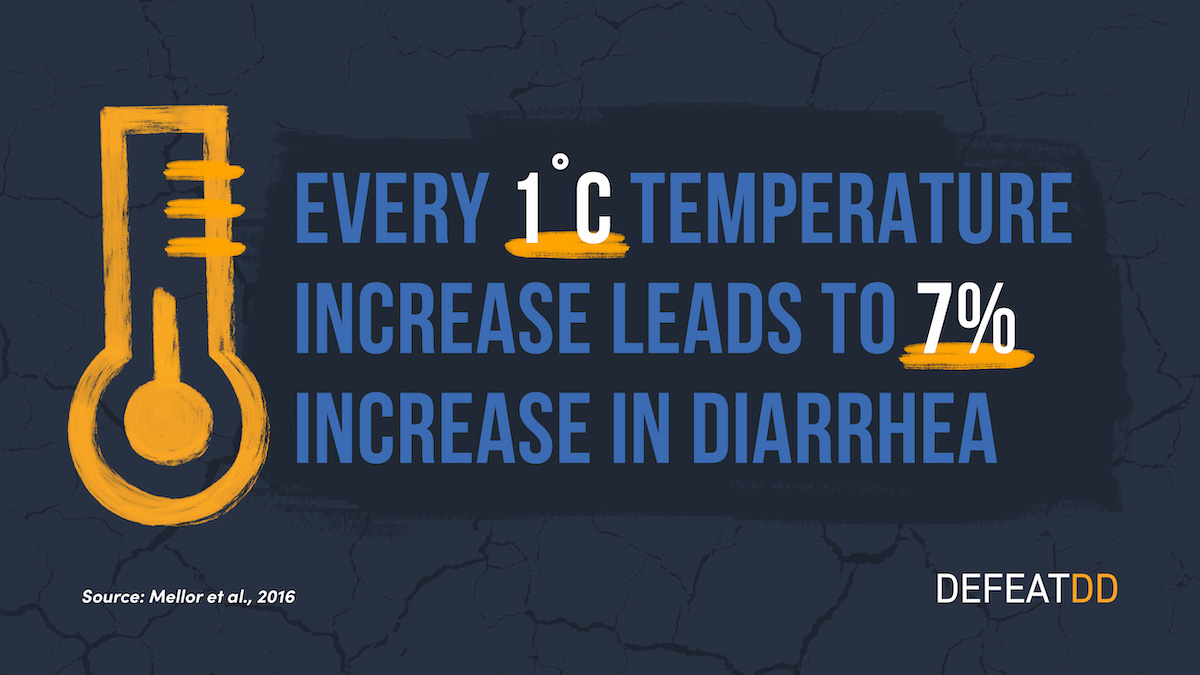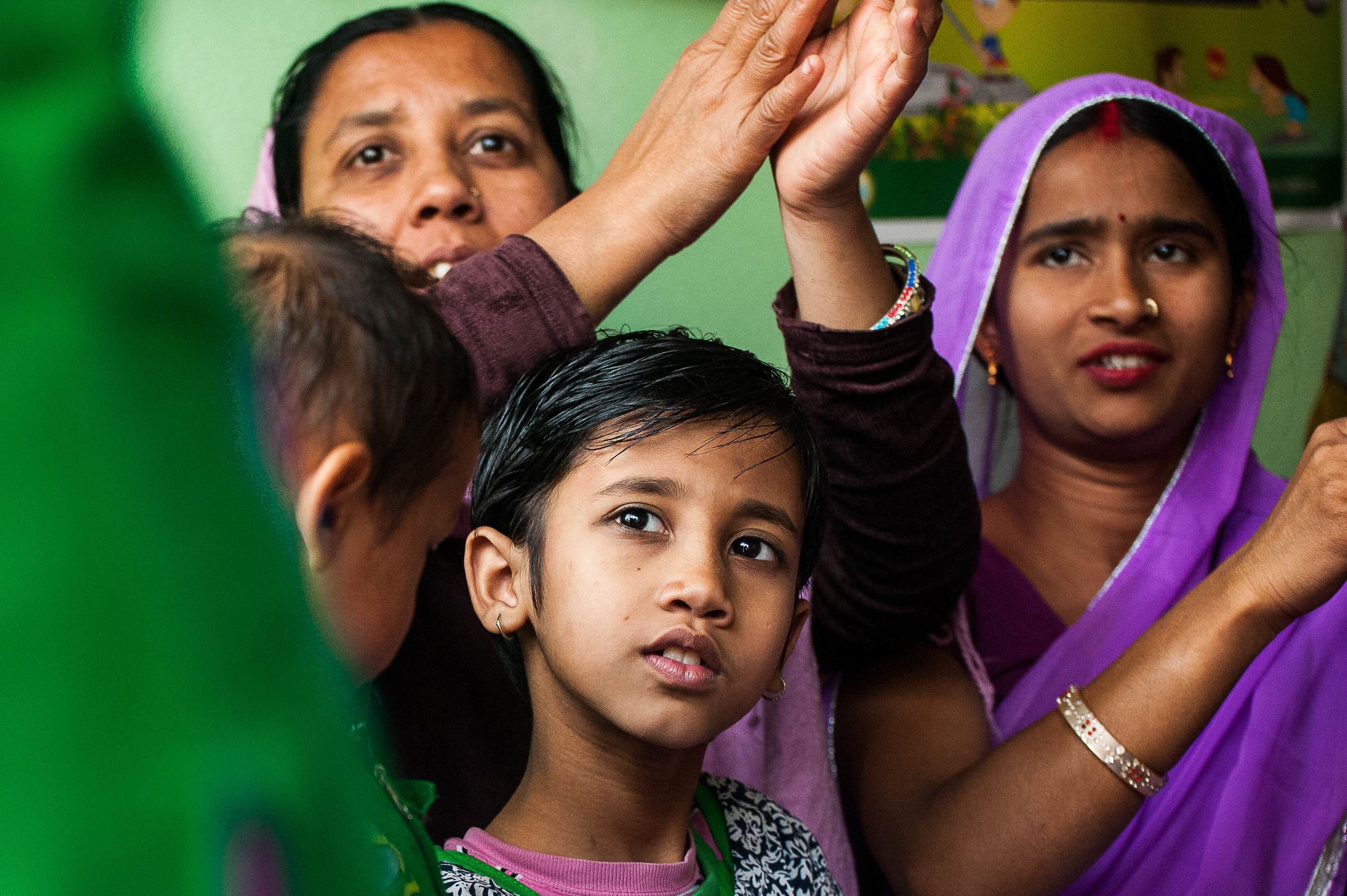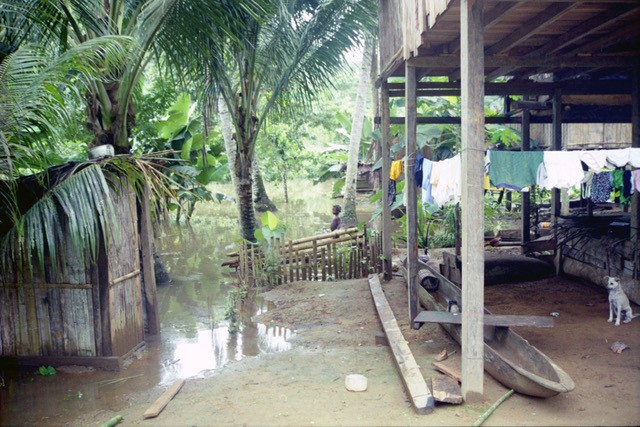A community conquers climate impacts on safe water for home and health
|

Local clinics are the heart of rural community health. But where can a patient turn when health care facilities, or HCFs, are unable to provide one of the most basic elements of care: clean water? This harsh reality confronts 1.7 billion people worldwide. And as with many other health challenges, climate change is making things worse.
Communities in Northern Uganda are adapting to take this water problem head-on. At a recent panel presented by the WASH in HCF Community of Practice, Comfort Hajra Mukasa shared their success stories, highlighting the determination and commitment of local residents to improve their health. At AMREF Health Africa in Uganda, Mukasa manages programming for climate change, neglected tropical diseases, and WASH (water, sanitation, and hygiene). She also serves on the WASH in HCF Steering Committee. With climate change impacts like droughts and floods now felt daily around the world, WASH solutions must become ever more resilient.
According to the World Health Organization, climate-resilient HCFs incorporate activities and strategies that anticipate, respond, recover, and adapt to climate shocks and stresses. This includes the ability to provide health care services with minimal disruption during and after events like flooding, drought, fires, and extreme heat. Practices should also support sustainability and must not exacerbate climate change.
Dry swamps and heavy floods
In villages of Northern Uganda, an AMREF assessment aimed to understand the root causes of declining use of services at healthcare facilities. A key contributor identified the lack of clean water at the HCFs. Efforts to provide water in these HCFs were frustrated by dry wells and swamps. Community conversations revealed shifts in weather patterns that flooded the landscape. This lack of safe water had also caused an increase in waterborne-diseases. Ugandan communities are not alone in facing this growing disease risk. New research from East Africa connects increased rainfall and higher temperatures to greater incidence of diarrheal disease.
“Climate change is a global issue, but communities are experiencing daily effects,” Mukasa said. “Their interest was solving a water problem. But solving this water problem [led us] to address the issues of climate change. ”
Recognizing that clean water relies on a healthy environment, the community developed and activated solutions that bridged health and nature. Marsh recovery restored a crucial fishing resource, as mudfish and catfish returned. Groundwater recharges filled shallow wells. Swamp friendly farming techniques allowed communities to optimize their yields of sisal and papyrus within the changing landscape. Earth banking in vulnerable areas reduced flood risk, and solar-powered pumps delivered clean water directly to two local HCFs.
Advocacy was important to implement these adaptations and protect the community and its clinics from future climate change impacts. Health workers and local government officers were part of the planning process, to leverage resources and instill local ownership.
The power of local voices
The efforts are scaling to additional AMREF Health Africa project areas, Mukasa noted, and the organization integrates climate considerations into all project implementation. But partnership with local voices is also elemental, so that pivotal needs are met and programs are sustainable. As with many strategies that aim for long-term community growth, Mukasa advises, projects to improve WASH in communities and health facilities must “involve the front-bearers of climate change, that is the women, in programming. The indigenous solutions they are used to [will] become a foundation for new solutions.”
The climb to improve WASH across all HCFs is steep and rocky, but AMREF’s experiences in northern Uganda prove that it can be successfully traversed. Projects like these are powerful guides for countries and their partners working to improve WASH resilience to climate change impacts. Other critical resources include the UNICEF/Global Water Partnership WASH Climate Resilience Guide and WHO’s reference, WASH FIT, which provides resources related to planning water storage/quality, wastewater management, water conservation, and more. With a changing climate, the future is often uncertain. But thoughtful strategies, shared experiences, global resources, and local conversations can provide hope and inspire action.











